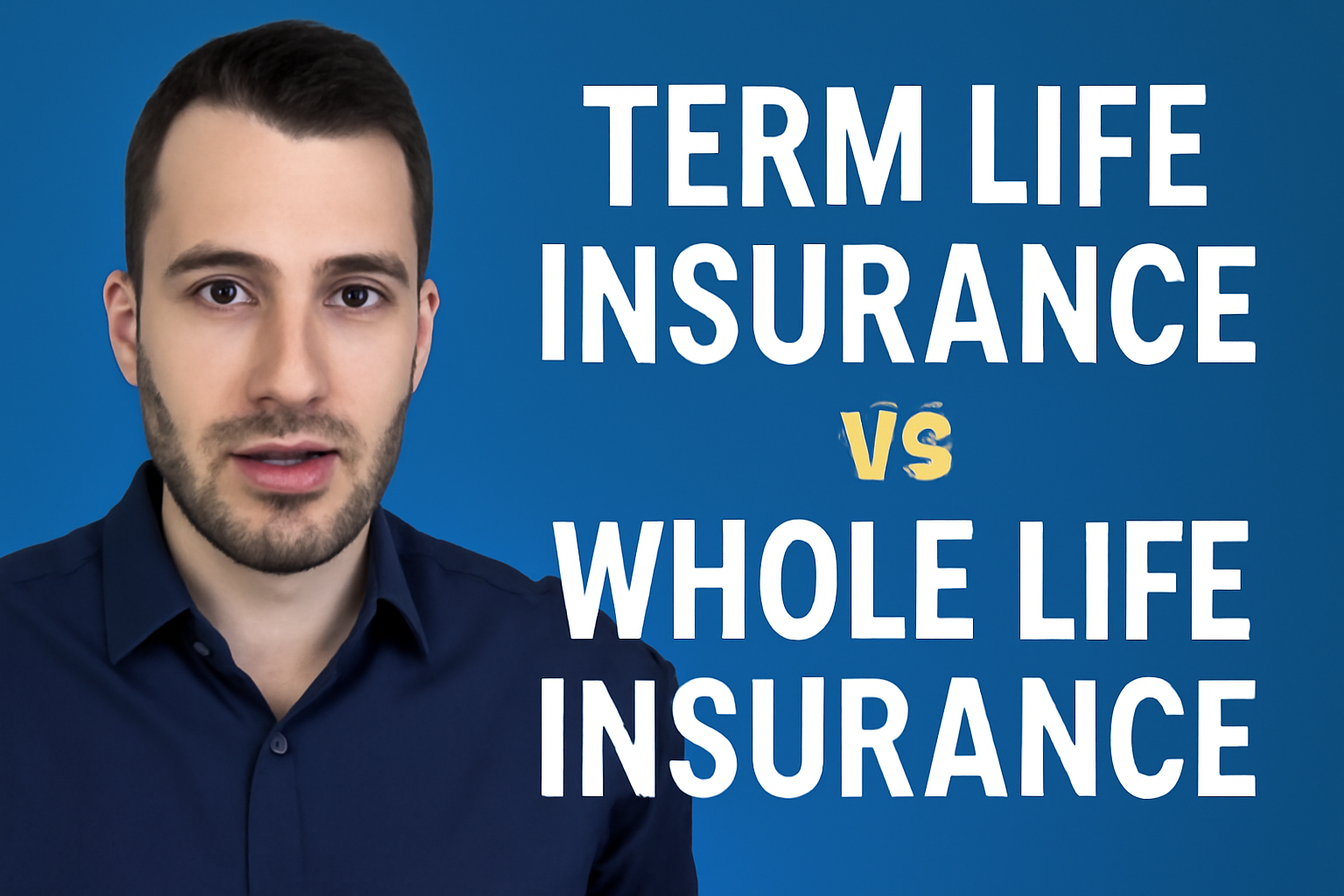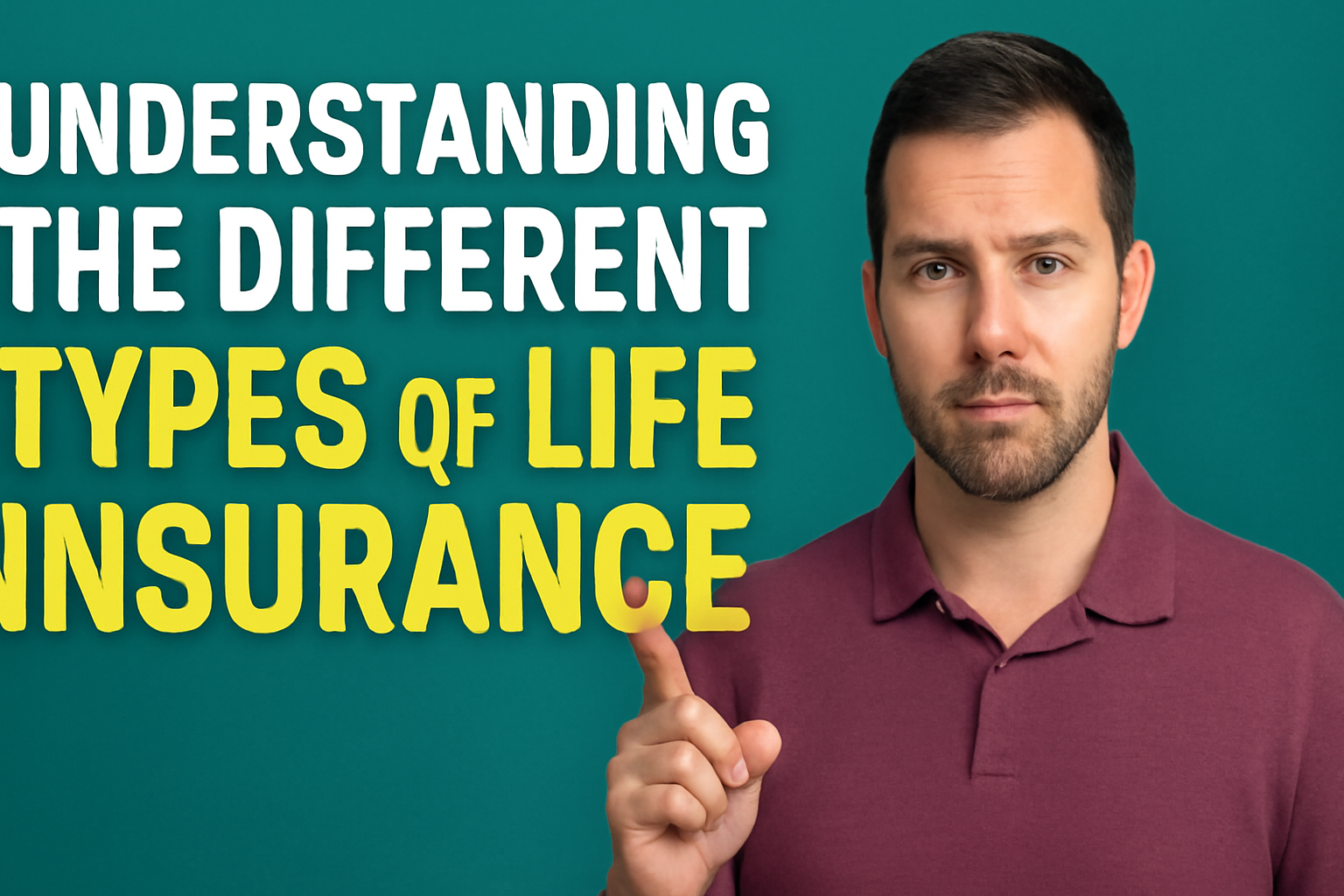Hello! I’m Brian David Gilbert, and recently, my COBRA insurance ran out, so I used that QLE to look up some HDHPs and PPOs but ended up going with an average premium HMO health insurance policy. Every word in that sentence burned as it came out of my mouth. That’s right folks, I’m talking about the beautiful American tradition of private healthcare. Something embedded so deeply in the heart of the American people that only a surgeon could excise it, and it would cost at least 60 thousand dollars. As an adult who left a job with benefits at the end of 2020, I had planned to find my own health insurance much earlier. But I had my own doctors and therapists that I already liked. And every time I faced the marketplace’s heinous user interface and jargon-filled summaries, my mind would shrivel up like a deflating parade balloon. distorted dial-up noises So when I was forced to find a new health insurance provider in June of this year, I decided to learn everything there was to know about the FSAs and the HSAs and the CHIPs and the dips and a one two three! ScabadaBAYdop! bad piano playing Woahdaaaa, that’s jazz, baby!
I do, finally, have new health insurance, although it was a long and difficult road to get there. And although I am definitely not the best person to explain the intricacies of the marketplace, I’ve made this video to help ease you into the terminology in case you need to purchase health insurance and don’t want to spend a year and a half doing what I did. distorted dial-up noises Sure, this video is a little different from the ones I’ve made in the past, but I’m nothing if not unpredictable— I’m—don’t put that in the screen! I’m unpre- I’M UNPREDICTABLE! And for those of you non-Americans watching this video and thinking, bad French accent I do not need to watch this video, I am BRITISH! Consider this a cautionary tale. Because there are definitely people in your country that want to privatize health care. And you can’t let them do that. YOU CAN’T LET THEM DO THAT.
So let’s get into it. Please enjoy this cursory and most likely useless guide to American Health Insurance Terminology. WHAT’S HEALTH INSURANCE?
What is Health Insurance?
Look we gotta start with a strong foundation. Insurance is a way to manage risk. Say I’ve got a figurine that I really love and would be heartbroken if SOMETHING TERRIBLE ever happened to it. An insurance company can quantify that emotional attachment and say “Hey, if SOMETHING TERRIBLE happens to your figurine, we’ll pay you $100. All you gotta do is pay us $1 every month.” So if I sign that contract and pay them $1 every month, and SOMETHING TERRIBLE does happen to it, they’ll pay me $100 so I can replace it. But I could never really replace it. Health insurance is like that, CRASHING NOISE but for your health! And considering your health is defined as the mental and physical condition of your body, then health insurance should pay for you to get better in the event of an illness or bone break or SOMETHING TERRIBLE.
What’s Dental and Vision Insurance?
Here in the United States of America, scientists have researched for dozens of years in order to prove one inimitable truth: your teeth and your eyes are not a part of your body. And although we’ve gotten closer to understanding what those little wet balls are doing inside your skull, 9 out of 10 dentists agree that your teeth should not be trusted. distant recorder toot I’m a little scamp! Technically, these are separate because dentistry and medicine are considered different fields, and so insurance companies view them differently. And vision insurance is different because it mostly covers eye exams and corrective lenses like glasses and contacts, and some people don’t need them! And for the people that do but can’t afford it, they can just squint really hard. Works for me!
What’s a Premium?
Ooh! A fancy word! Except it actually just means the fee you pay to your provider, usually monthly, in order to keep up your health insurance. It’s essentially the same thing as a subscription fee to Netflix, except in this case, you lose your health insurance if you stop paying it. As opposed to losing the ability to rewatch the 2015 Richie Rich reboot. And both of those things are equally tragic. But the good news is that if you pay your premium every month, you’ve got your health insurance. And once you’ve got health insurance, you are set. You never have to worry about paying for healthcare ever again. fading in HahahahahahahaHAHAHAHAHA THAT’S NOT THE CASE!
What’s a Deductible?
So you pay your premium every month! That’s great. It allows you to carry around a little card that says you’re insured and you can go to doctor and they’ll give you the bill and you have to pay all of it until you’ve filled up your deductible. For the sake of this example, let’s say that your health insurance doesn’t have copays or coinsurance, just because I’m getting to that, and the circular nature of health insurance terminology makes it very difficult to decide which to talk about first. Let’s say your deductible is $100. If you go to get a medical test that costs $100 dollars, you will have to pay $100 dollars. But after that, you’ve fully paid up your deductible, and that means the next time you go get a $100 medical test, your insurance will pay for it.
What’s a Copay and Coinsurance?
Copayments, or copays, are a set amount of money that you have to pay whenever you receive certain medical procedures, prescription meds, tests, etcetera. That test that cost you $100? It might have a $30 copay on it. So if you have no deductible or you’ve filled up your deductible, you’ll still have to pay that $30. And just to clarify, you can and probably will pay copays and coinsurance before you fill up your deductible. Say you’re getting a standard annual check up. That might have a $10 copay associated with it. So even if you haven’t filled your deductible, you would just be paying $10.
What are Drug Tiers?
Prescription drugs are separated into tiers that correspond with their costs, though it differs from plan to plan. Usually, it goes generic drugs on Tier 1. Brand-name drugs on Tier 2. Fancier or non-preferred brand-name drugs on Tier 3. And once you hit Tier 4, you get specialty drugs, which are often very expensive and specific in what they treat, and they all have brand names like ZYVOX and TRUXIMA and OZURDEX, which are coincidentally the names of my three favorite sleep paralysis demons.
What’s Open Enrollment?
Open Enrollment is technically the only time of the year that everyone is allowed to change their health insurance. It usually starts on November first and goes until January 15th, though, of course, it varies from state to state. They chose this time of the year because no one tends to be busy prepping for any large family gatherings or holidays. singing It’s the most wonderful time to look at the minutiae of health insurance contracts and compare them to different providers because you want to make sure that you get the best one before you—’cause you’re gonna be locked into it for a year or so…
What’s In-Network vs. Out-of-Network?
Most insurances have a list of providers that are considered “in-network,” which just means that they work with the insurance company, and the procedures you get with them will be covered. At least in part. Anyone who isn’t in-network is, surprise, out-of-network, and doesn’t get coverage. Now, if this seems simple, that’s because it is one of the easiest things to grasp about health insurance.
What are HMO, PPO, EPO, and POS Plans?
So you’ve got a basic understanding of the things that make up a health insurance plan, and you’re ready to dive into the dark depths of acronym hell. These are all different types of health insurance policies, and they stand for Health Maintenance Organization, Preferred Provider Organization, Exclusive Provider Organization, and Point of Service.
What do HSA, MSA, FSA, and MRA Mean?
Let’s split these acronyms up so that way you can tell if you even need to worry about them in the first place. An HSA is a savings account… for your health. FSAs allow you to contribute a certain amount of tax-free money, which you can then use for medical expenses that year. But it’s only that year. Unlike an HSA, this money does not roll over, and if you leave your employer, you can’t take it with you.
What are Medicare and Medicaid?
These two words mean VERY different things. But they’re both government-funded programs related to healthcare, so a lot of people, myself included, will use one word when they mean the other. Heck, if you Google either of them, the top result is gonna be Medicaid vs. Medicare, the lesser-known sequel to Alien vs. Predator.
What’s Obfuscation?
Obfuscation is a bit of a self-referential word, because it’s obfuscating a much more straightforward way to describe this phenomenon, which is called: being a little shit. When you obfuscate something, it means you are intentionally making it unclear, whether that’s through jargon or flowery speech or just mumbling through your words so it’s hard for people to understand what you’re saying.
So… What Now?
I really wish I had a good way to wrap this video up with, like, a cool, quick tip on how to get the good health insurance and avoid the bad and also to dismantle the whole private health insurance system, but I don’t because there isn’t. And I sincerely doubt that there will be anytime soon.



